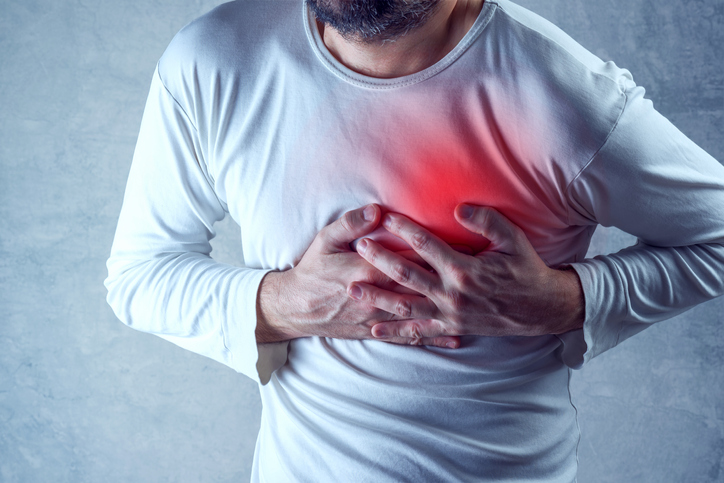Why you might need Atrial Fibrillation Ablation
An implantable loop recorder, or ILR, is a small device that allows cardiologists to record your heart rate and rhythms to aid in the diagnosis of symptoms that may be caused by a heart rhythm problme or identify heart rhythm problems that may not cause symptoms like atrial fibrillation. Having an ILR fitted is a straightforward procedure that is performed by our cardiology specialists in our dedicated private heart health clinic.
Learn more about what an ILR is, how it works and why you might need one with this simple guide.
Atrial fibrillation (AF) can cause some unpleasant symptoms like shortness of breath and heart palpitations. It also greatly increases the risk of stroke and anticoagulation medicines pose their own risks.
Ablation controls the symptoms of atrial fibrillation, but usually does not eliminate the needs for medication for stroke prevention.
If you have atrial fibrillation that has lasted for 7 days or less, ablation may be more likely to work long-term. It may not work as well long-term if you’ve had more persistent atrial fibrillation. Your Cardiologist will decide if you need AF Ablation.
What is Atrial Fibrillation?
Atrial Fibrillation (AF) is a chaotic heart rhythm.
Atrial fibrillation ablation helps maintain a normal heart rhythm. Ablation uses small burns or freezes to cause some scarring on the inside of the heart that helps to break up electrical signals that cause an irregular heart rhythm. This can return your heart to normal sinus rhythm (SR).
What happens during Atrial Fibrillation Ablation?
You will usually have a general anaesthetic. At OneWelbeck we can offer three different types of ablation, and your cardiologist will advise on which method is best-suited to your individual needs.
- Cryoablation: your Cardiologist will put catheters into a blood vessel in the groin and thread it up to the heart giving them access to the collecting chambers (Atria) inside your heart. The catheter is then used to scar a small area of the heart by making small freezes.
- Radio frequency ablation: energy will be used to make small burns inside the heart that scars and shrinks damaged tissue. The scarring helps prevent the heart from conducting the abnormal electrical signals that cause atrial fibrillation.
- Pulsed field ablation: we are proud to be the first private facility in the UK to offer the FARAPULSE™ Pulsed Field Ablation (PFA) System from Boston Scientific to treat paroxysmal atrial fibrillation (AF) patients. The tissue-selective FARAPULSE™ PFA System has emerged as a promising energy source for cardiac ablation, specifically pulmonary vein isolation to treat paroxysmal AF. Leading with safety, the FARAPULSE™ PFA System makes durable cardiac lesions in seconds while sparing non-target tissue.
You will usually be sent home the same day.
Risks Associated with Atrial Fibrillation Ablation
Most who undergo atrial fibrillation ablation have a successful outcome, although there are risks including:
- In the groin – bleeding, infection or pain from the catheter insertion
- Damage to the blood vessels from the catheter
- Puncture to the heart
- Damage to the heart
- Blood clots
- Narrowing of the pulmonary veins
- Radiation exposure
You can discuss any concerns you may have with your OneWelbeck Consultant Cardiologist.





